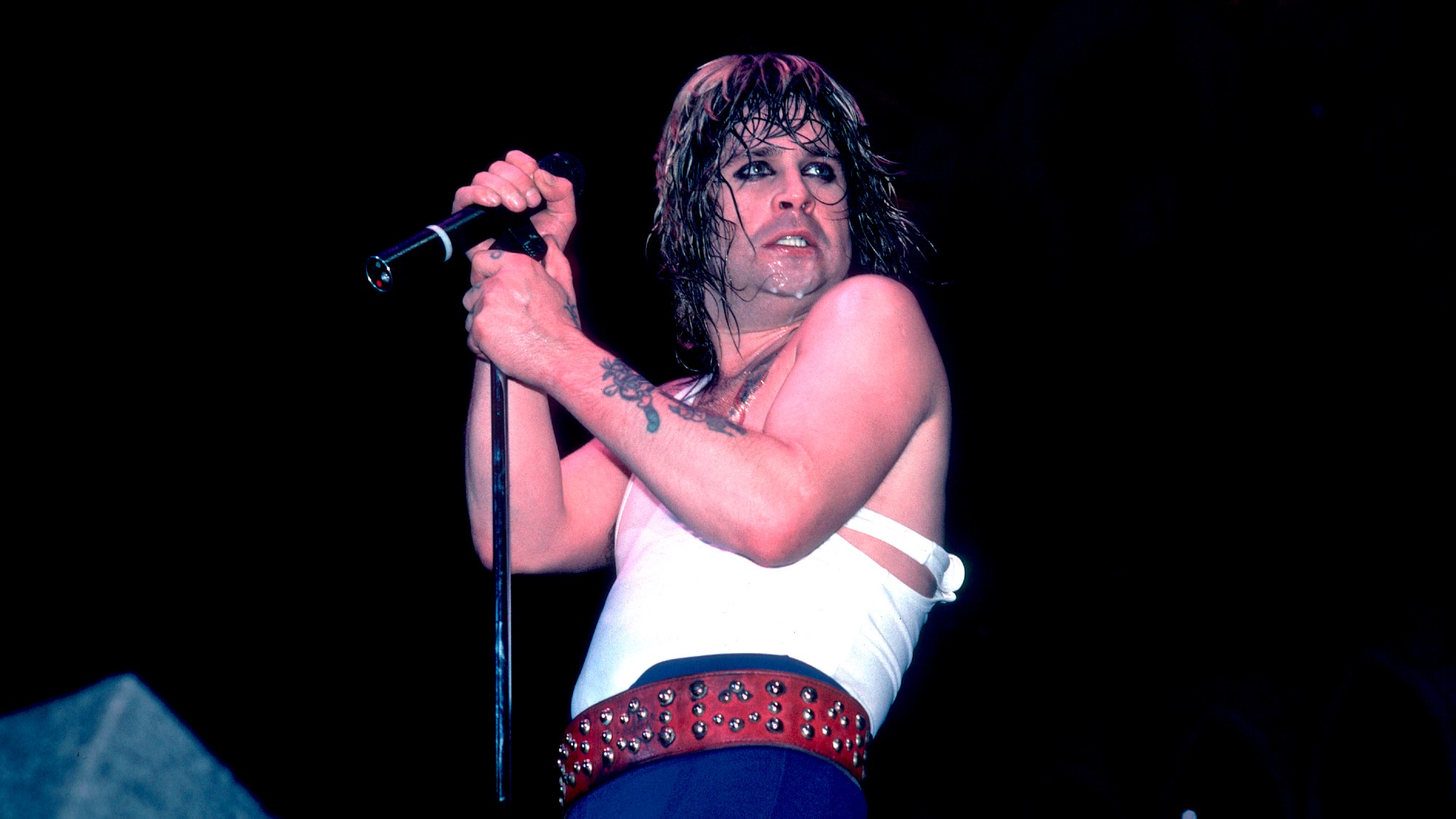Ozzy Osbourne, the iconic frontman of Black Sabbath and a defining figure in the heavy metal genre, has passed away at the age of 76. His death marks the end of an era for a musician known not only for his revolutionary sound but also for his tumultuous lifestyle and memorable television persona.
Born John Osbourne in Birmingham in 1948, Osbourne grew up in a working-class family and faced numerous challenges, including dyslexia and early trauma. Despite these obstacles, his passion for music, ignited by the sounds of The Beatles, led him to form Black Sabbath in 1968. The band’s unique blend of heavy riffs, dark themes, and theatrical performances helped to create a new musical genre that captivated audiences worldwide.
Osbourne’s career was characterized by both groundbreaking success and shocking controversies. He became infamous for outrageous acts, such as biting the head off a bat during a concert in 1982 and urinating on the Alamo Cenotaph while dressed in women’s clothing. His substance abuse issues were well-documented, with Osbourne himself admitting, “If it’s booze, I drink the place dry. If drugs, I take everything and scrape the carpet for little crumbs.”
Despite personal struggles, including a tumultuous marriage to Sharon Osbourne and various legal issues, Osbourne managed to maintain a prolific music career. He released several hit albums with both Black Sabbath and as a solo artist, achieving widespread acclaim in the 1970s and 1980s. His musical journey faced a significant setback with the tragic death of guitarist Randy Rhoads in 1982, but Osbourne returned to the stage stronger than ever.
A New Chapter in Reality Television
In the early 2000s, Osbourne reinvented himself as a reality television star with the hit show The Osbournes. This program revealed a different side of the rock star, showcasing his role as a devoted family man, albeit one with a foul-mouthed demeanor. According to Spencer Kornhaber in The Atlantic, this juxtaposition of the “Prince of Darkness” as a loving father contributed significantly to his enduring popularity.
Osbourne’s impact on music and culture continued through various projects, including the launch of the Ozzfest metal festival in 1996, which provided a platform for emerging heavy metal acts. Despite ongoing health challenges, including a diagnosis of Parkinson’s disease in 2019, he remained active in the music scene. Last month, he returned to Birmingham for a farewell concert titled “Back to the Beginning,” expressing his desire to connect with fans one last time.
Throughout his life, Osbourne’s journey was marked by both triumph and adversity. He faced numerous allegations and controversies, including accusations of promoting satanism, which he always dismissed humorously. As he once noted, “The closest we ever got to black magic was a box of chocolates.” His ability to navigate these challenges while remaining a beloved figure showcases the complexity of his character.
Legacy of a Rock Icon
Ozzy Osbourne’s legacy is multifaceted, combining his musical innovations with a larger-than-life persona that resonated with fans around the globe. His work with Black Sabbath laid the foundation for heavy metal music, influencing countless artists and shaping the genre’s evolution. As he famously stated, “Metal is not the music of hell but rather the music of Earth.”
Osbourne’s contributions to music, combined with his engaging personality on television, have solidified his status as a cultural icon. His ability to connect with audiences—both through his music and his reality show—has left a lasting impact on the entertainment landscape.
As fans mourn the loss of this legendary figure, they celebrate the remarkable journey of a man who transformed his personal struggles into a powerful and inspiring legacy.
